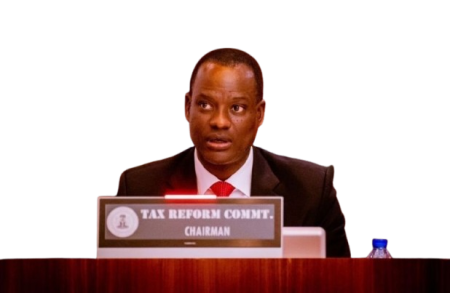The Ghanaian government recently launched a 24-hour economy policy, an ambitious initiative aimed at boosting productivity and tackling the pervasive unemployment crisis. The policy encourages businesses to operate three shifts daily, incentivizing participation through corporate tax rebates. President Mahama presented the policy as a revival of Ghana’s founding vision of industrial transformation, harkening back to the ideals of Kwame Nkrumah. While the policy’s objectives are laudable, its practicality and effectiveness have been questioned, particularly concerning its ability to generate the anticipated employment opportunities.
Dr. Joshua Zaato, a policy analyst and member of the opposition New Patriotic Party (NPP), expressed skepticism about the policy’s impact on unemployment. He acknowledged the public’s high expectations for job creation resulting from this initiative, but questioned whether the proposed tax rebates are sufficient to induce businesses to adopt a 24-hour operational model. He argued that the government’s assumption that businesses are not currently operating extended shifts solely due to a lack of incentives might be erroneous. Many businesses, particularly in specific sectors, may have other, more fundamental reasons for their operational hours, which incentives alone might not address.
Dr. Zaato illustrated his point by referencing a law firm as an example. Such businesses typically operate within standard business hours, not necessarily because they lack financial incentives to extend their operations, but rather due to the nature of their work and client demands. Extending operational hours for such businesses might not be practical or yield significant benefits. This raises the question of whether the 24-hour economy policy adequately considers the diverse operational realities of different sectors within the Ghanaian economy. A blanket approach of offering tax rebates may not be sufficient to address the specific constraints and challenges faced by various businesses.
Furthermore, the success of the 24-hour economy policy hinges on several factors beyond simply offering tax rebates. The policy requires a conducive business environment that supports extended operational hours. This includes considerations such as infrastructure, security, reliable energy supply, and access to skilled labor across all shifts. Without these supporting elements, businesses may be hesitant to adopt a 24-hour operation model even with the incentive of tax rebates. Moreover, the policy needs to address potential challenges such as increased operating costs, potential strain on employee well-being, and the need for adequate regulatory frameworks to govern round-the-clock operations.
The government’s emphasis on reviving industrial transformation through the 24-hour economy policy raises questions about its applicability across all sectors. While the manufacturing and industrial sectors might benefit from extended operational hours, the same might not hold true for service-oriented sectors. The policy’s focus on encouraging three shifts across the board might not be a one-size-fits-all solution. A more nuanced approach might be necessary, tailoring incentives and support mechanisms to the specific needs and characteristics of different sectors. This would involve careful analysis of sectoral dynamics, growth potential, and the feasibility of 24-hour operations within each sector.
Ultimately, the success of the 24-hour economy policy will depend on its implementation and the government’s ability to address the practical concerns raised by critics like Dr. Zaato. While the policy holds the promise of stimulating economic activity and creating employment opportunities, its effectiveness will hinge on addressing the underlying challenges facing businesses and ensuring a supportive ecosystem for extended operational hours. The government needs to demonstrate how the policy will overcome these challenges and translate its ambitious vision into tangible benefits for the Ghanaian economy and its workforce. The public will be keenly observing the practical impact of the policy and its effectiveness in addressing the unemployment crisis, the primary concern driving the policy’s implementation.














